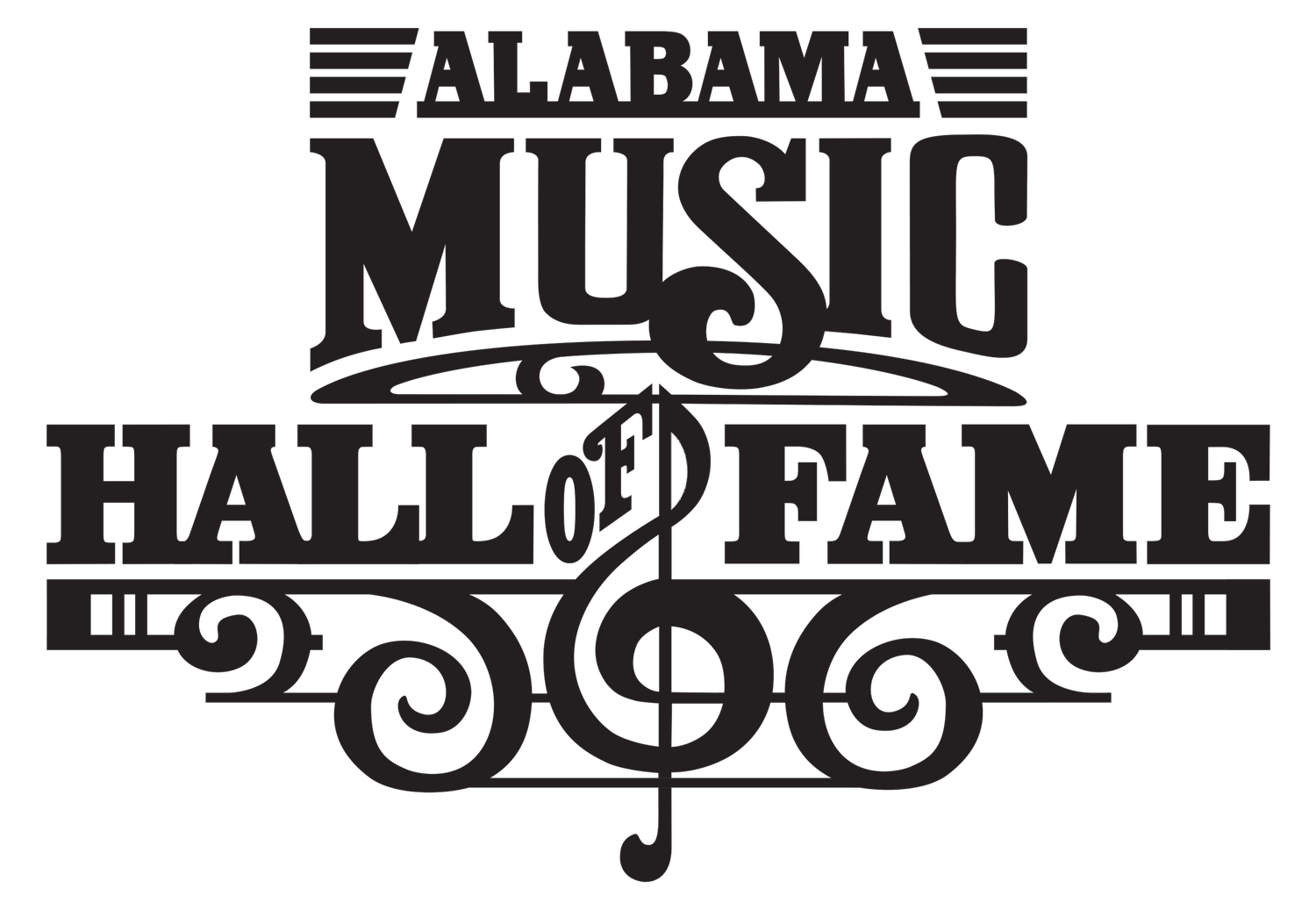Hank Locklin
February 15, 1918 - March 8, 2009
2014 Inductee
Hank Locklin, born Lawrence Hankins Locklin on February 15, 1918, in McLellan, Florida, grew up in a rural area of the Panhandle surrounded by the timber industry. As the youngest of four children, he attended a small one-room school and showed musical promise from an early age. A serious injury at the age of eight left him bedridden for a long period, during which he developed an interest in music. Though he was drawn to the guitar as a child, it wasn’t until his teenage years that he began to play it seriously.
Locklin became active in music during high school, though he didn’t complete his education. At 18, he won a local talent contest, which led to opportunities on radio and helped fuel his passion for performing. By the mid-1940s, he was performing live and on-air across Florida and neighboring states. During World War II, Locklin was exempt from service due to his earlier injury. He spent those years performing around Mobile, Alabama, and began writing his own songs while developing a style initially influenced by Ernest Tubb before finding his own voice.
Near the end of the war, Locklin joined Jimmy Swan’s band as a guitarist. The group occasionally featured Hank Williams, and they toured the Southeastern U.S. in the mid-1940s. After working with several groups, Locklin formed his own band, the Rocky Mountain Playboys, in 1947. That lineup included several musicians who would go on to other notable projects, and it helped launch Locklin’s early recording career. An early backer, businessman and songwriter Elmer Laird, tragically died just as Locklin’s first session was set to begin, but Locklin pressed on.
His early recordings with labels like Gold Star and Royalty didn’t find much commercial success, and his band eventually disbanded. However, Locklin’s move to Houston and signing with Four Star Records led to his first regional hits, including “The Same Sweet Girl” and “Send Me the Pillow That You Dream On.” These early tracks had a Texas honky-tonk feel, quite different from the smoother Nashville sound he would later adopt.
In 1953, Locklin scored his first national hit with “Let Me Be the One,” though his career was complicated by contract limitations that restricted him to recording material owned by Four Star. In 1955, he joined RCA Victor, and his career truly took off. Produced by the legendary Chet Atkins and often supported by session greats like Floyd Cramer, Locklin’s RCA work is distinguished by its emotional clarity and musical simplicity. While songs like “Please Help Me, I’m Falling,” “Geisha Girl,” and “Send Me the Pillow That You Dream On” became signature hits, fans also admire his lesser-known but heartfelt tracks.
Locklin was a pioneer of the concept album, releasing themed records like Foreign Love and Irish Songs, Country Style, as well as a tribute to Roy Acuff. Though later recordings included more vocal backing than some traditionalists preferred, Locklin’s clear tenor voice remained a defining trait. He returned to the Top Ten in 1968 with “The Country Hall of Fame” and enjoyed strong international popularity, especially in Ireland and the UK. He toured extensively overseas in the 1970s and even traveled to Japan with Chet Atkins.
After leaving RCA, Locklin continued recording with other labels including MGM and Plantation. His final album, The Grace of God: The Gospel Album, was released in 2006. He spent his later years in Brewton, Alabama, not far from his birthplace, and passed away on March 8, 2009, leaving behind a legacy of heartfelt music and a pioneering spirit in country music.

